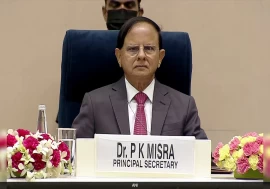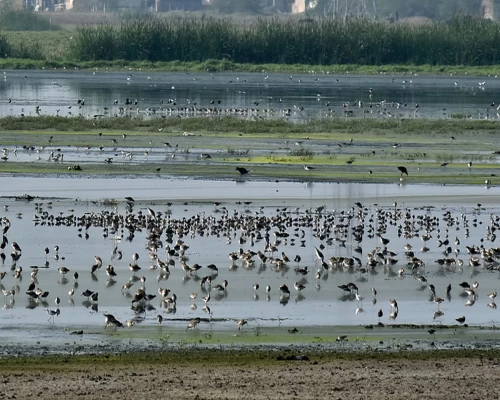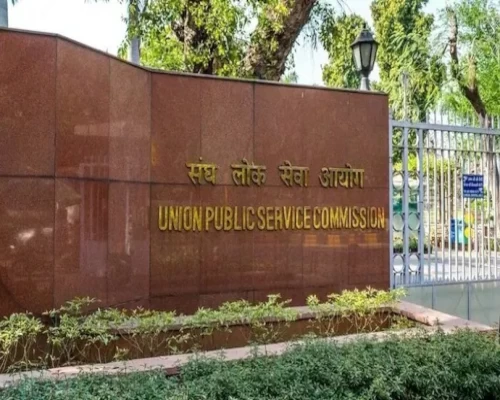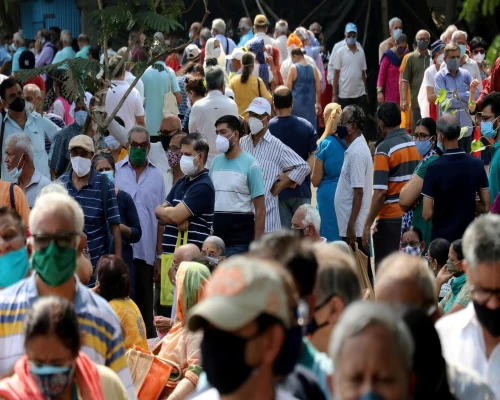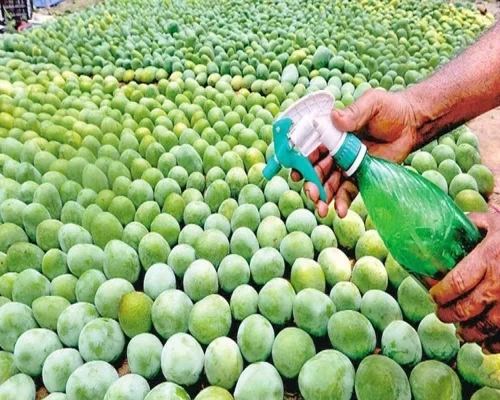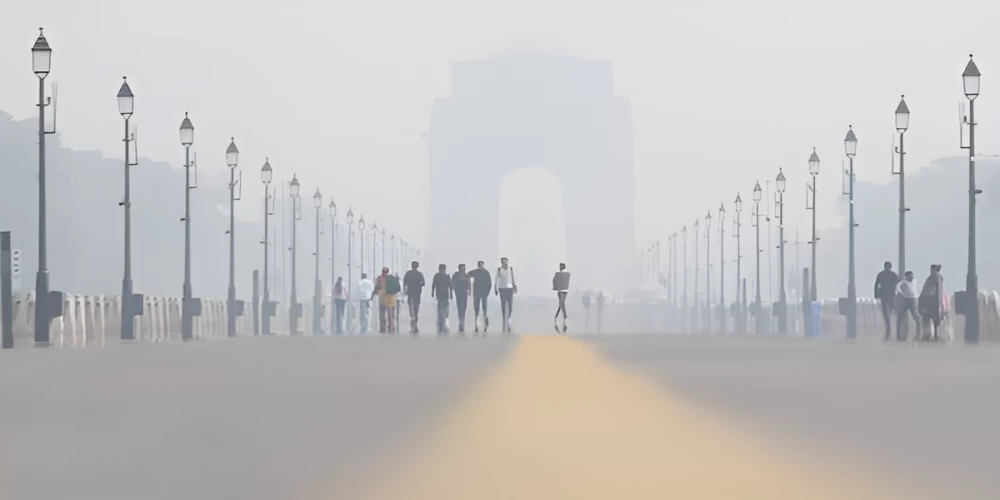
New Delhi: As air pollution levels in Delhi and surrounding regions reach alarming heights, the Health Ministry issued an advisory on Friday urging citizens to limit outdoor activities, particularly as the festival season and onset of winter are expected to worsen air quality. This follows a letter from Dr. Atul Goel, Director General of Health Services, highlighting that air pollution has escalated into a critical health challenge with the Air Quality Index (AQI) in several states and union territories moving into moderate to poor categories.
In light of the situation, the Ministry has directed State Health Departments and healthcare facilities to increase their preparedness. This includes amplifying public awareness campaigns, enhancing healthcare workforce readiness, and improving surveillance for diseases linked to air pollution through the National Program on Climate Change and Human Health. Vulnerable groups such as children, the elderly, pregnant women, and individuals with pre-existing health issues face the most severe health risks.
With AQI levels in Delhi recorded at 283 on Friday, which falls in the ‘poor’ category, weather experts warn that the coming week will likely see AQI levels worsen, drifting into the ‘very poor’ to ‘severe’ categories. This rise in pollution is attributed to stagnant meteorological conditions, calm nighttime winds, and stubble burning in neighboring states. As Diwali approaches, concerns over the impact of firecrackers add to the urgency, with the government enforcing a blanket ban on firecrackers in Delhi NCR to mitigate further pollution.
The health advisory calls on the public to avoid outdoor physical activities, particularly for vulnerable populations, and suggests monitoring AQI levels using government mobile applications before venturing outside. Those experiencing symptoms such as respiratory discomfort are advised to seek immediate medical attention.
In addition to health measures, the Ministry emphasizes the need for collective efforts to prevent further degradation of air quality. Suggested actions include reducing stubble and waste burning, opting for public transportation instead of diesel or petrol-powered private vehicles, minimizing the use of diesel generators, and discouraging smoking. The Ministry has urged citizens to use cleaner fuels for cooking, heating, and lighting to reduce indoor pollution levels.
On October 24, the Public Works Department (PWD) initiated daily road-sprinkling measures in Delhi as a dust-control effort, while the Commission for Air Quality Management (CAQM) has activated stage two of the Graded Response Action Plan (GRAP). Under GRAP, restrictions are placed on using coal, firewood, and diesel generators. Additional measures such as mechanical sweeping, water sprinkling on designated roads, and stringent dust control at construction sites are also being implemented.
As pollution levels reach critical points, the Ministry’s advisory serves as a timely reminder of the collective responsibility to reduce pollutants. The upcoming festive season presents both a challenge and an opportunity for communities to adapt and celebrate sustainably.
BI Bureau


